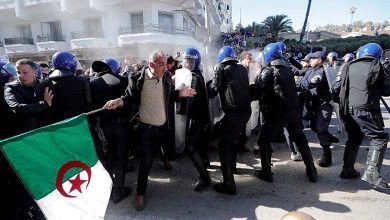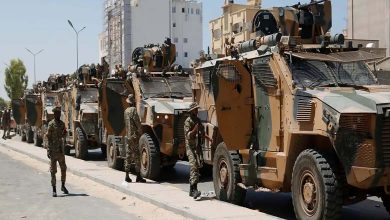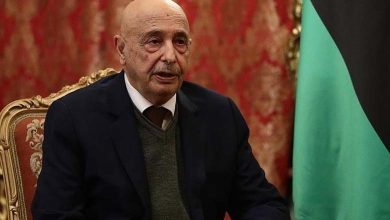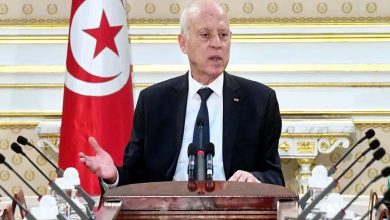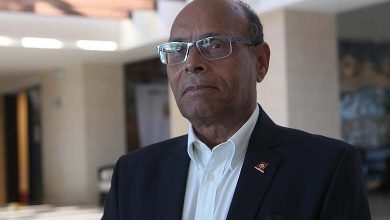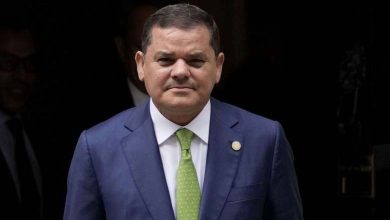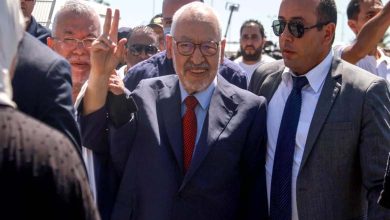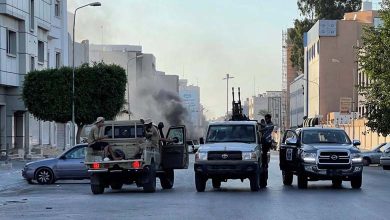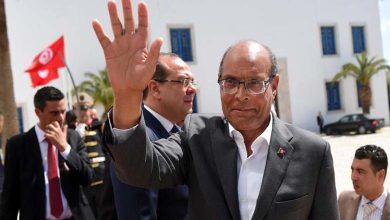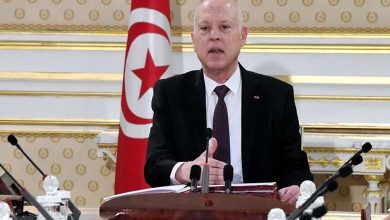Tunisia draws the curtain on the brotherhood era… saied completes the latest points of the july 25 path

Yesterday, Tunisia concluded the final stage of the July 2021 path by closing the polling centers in the local and regional council elections, which were boycotted by the Brotherhood and its allies, with a participation rate of 11.6%, equivalent to one million and 59 thousand voters, a number considered “respectable” by the head of the Independent High Authority for Elections, Farouk Bouasker.
Bouasker stated that this electoral process went smoothly and under the best conditions without any logistical or organizational issues, emphasizing that “no logistical or organizational problems were recorded, thanks to the human efforts of the Authority.” He added that the Authority was fair in the voting results as found in the ballot boxes, and there were no security incidents or irregularities at the polling centers. This electoral event marks an important stage in the consolidation of local governance within the political path established by President Saied after dismantling the previous governance system. The local council elections pave the way for the establishment of regional councils in 24 governorates and then regional councils, with the aim of establishing the second parliamentary chamber represented by the National Council for Regions and Territories.
The electoral process took place under strict security surveillance to prevent any breaches and to secure voting and counting centers across the country. More than 7,000 candidates participated, and the number of voters in the electoral register was 9,080,987, with 51.1% females and 48.9% males, according to election authority data. The Election Authority allocated 8,174 polling stations and 4,685 voting centers in 2,129 electoral districts, in addition to assigning the first office in each polling center for people with disabilities.
This electoral station is the last in Saied‘s program, taking place without the participation of the Brotherhood or its affiliates. It was boycotted by the National Salvation Front, the political face of the Brotherhood‘s Ennahdha Movement, which includes several parties opposed to Saied‘s path. Most of the Ennahdha leaders are currently in prison. The Front also boycotted the previous parliamentary elections and the referendum on a new constitution in the country in 2022, following the exceptional decisions made by Saied on July 25, 2021, leading to the election of a parliament entirely free of the Brotherhood.
Tunisians have high hopes for the local councils to address many issues concerning citizens in light of the economic, political, and social tensions the country has recently experienced. The economic file and its repercussions are considered a top priority for their work, according to observers.


